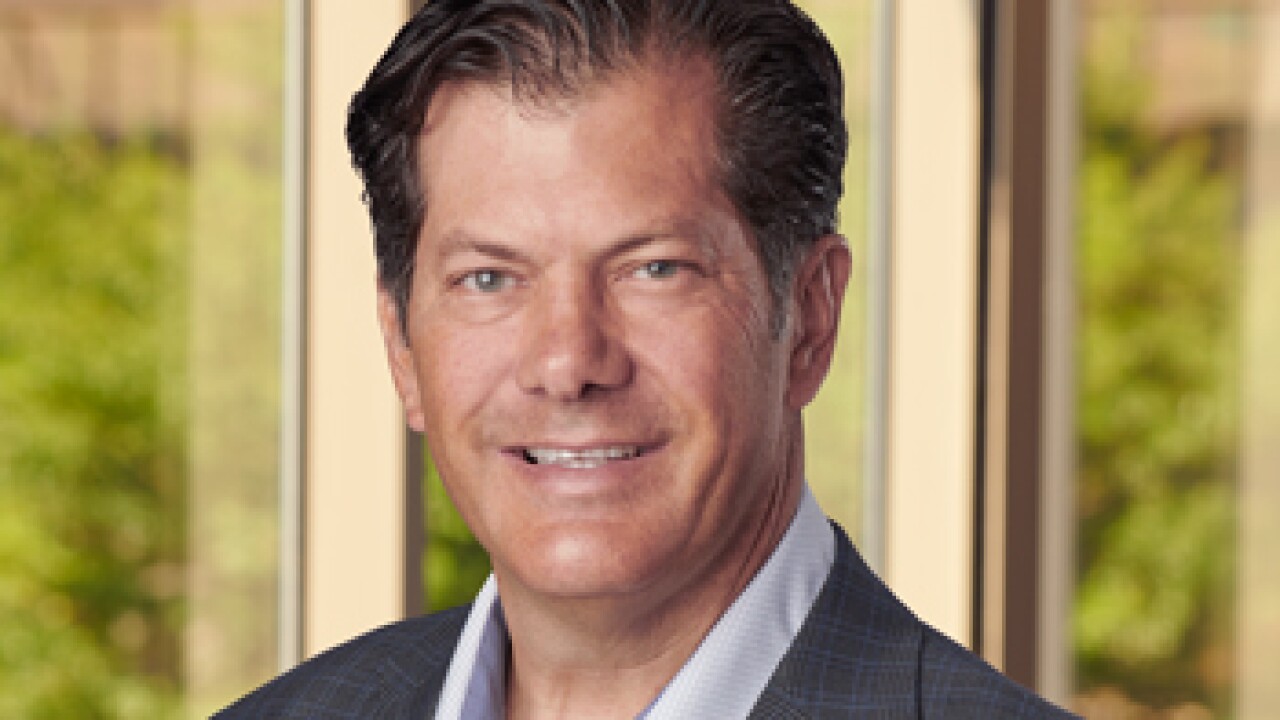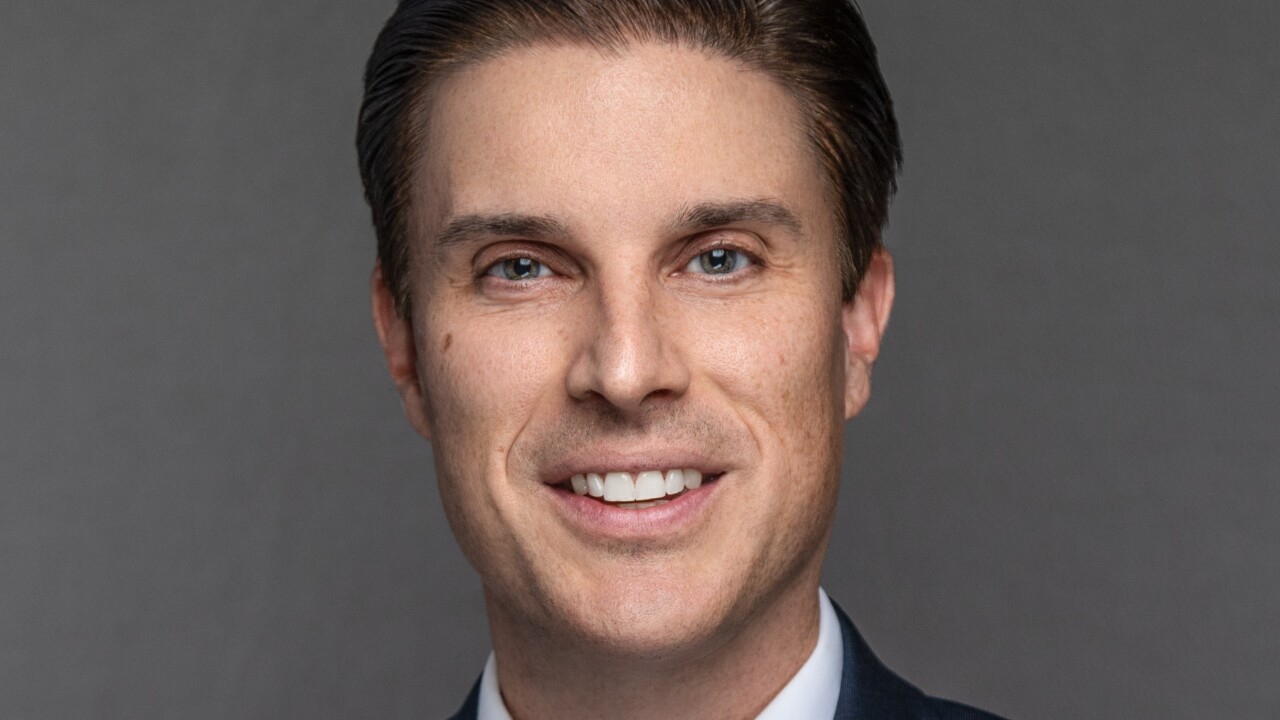(Bloomberg) Small-business and manufacturers’ groups praised a proposal by Republican presidential candidate Donald Trump to take the U.S. federal corporate tax from the highest to one of the lowest among developed nations.
Trump included a call for a 15 percent corporate rate in a Detroit speech where he outlined other tax and economic reforms. Business groups have long said their members are hurt because U.S. companies pay the most federal income tax—a 35 percent rate, though the effective rate is often lower—among the 35 countries in the Organization for Economic Cooperation and Development.
“The fact that he is pushing for a 15 percent corporate tax rate is definitely a positive,” said Dorothy Coleman, vice president of tax and domestic economic policy for the National Association of Manufacturers. “Tax reform is really one of the important goals that we have.”
The Rate Coalition, which lists Boeing Co., Ford Motor Co. and Wal-Mart Stores Inc. among corporate supporters, said it won’t endorse all aspects of Trump’s plan but that the tax proposal is a “huge step in the right direction and we urge other candidates in the race to follow his lead.”
Trump also called for a 10 percent levy on overseas cash that companies have been unwilling to bring home because of high U.S. taxes. The U.S. rate also impedes foreign investment in the country, Coleman said, and some American companies have used acquisitions to set up headquarters in foreign countries with lower taxes.
For small businesses, the proposal was a “home run,” said Juanita Duggan, chief executive officer of the National Federation of Independent Business. It would provide the same 15 percent rate for companies no matter their size, freeing up funds to invest back into family businesses, she said.
“He got that exactly right,” Duggan said. “Small business cannot pay a higher rate than Exxon Mobil.”
Tax Rates
The U.S. last adjusted its corporate tax in 1993 when it was pushed up by a percentage point to 35 percent, said Alan Cole, an economist with the Tax Foundation’s Center for Federal Tax Policy. Under a 1986 tax bill, the rate was phased down to 34 percent from 46 percent, he said.
Countries around the world steadily have been ratcheting down their tax rate to become more competitive, Cole said. The average corporate tax rate when including state levies and weighted by the size of economy has declined to about 29 percent from 36 percent in 2003. The U.S. corporate tax when including state levies is about 39 percent, according to the OECD.
“Most countries have been moving down while the U.S. has stood still,” he said.
Tel Ganesan, CEO of technology-staffing firm Kyyba Inc. who attended the Trump event in Detroit, said he likes the tax-cut proposal and thinks the billionaire businessman would be better on the economy than Democratic presidential candidate Hillary Clinton. Still Ganesan, who came to the U.S. from India, is hesitant to support Trump because of his controversial stances on immigration.
“He knows the economy better than anybody else,” Ganesan said. “He knows what it takes to get the economy going.”
The U.S. Chamber of Commerce didn’t issue a statement on the Trump speech and referred questions to a video that calls for lower rates and a globally competitive system.
The manufacturers association still wants to see more particulars on Trump’s plan, as well as more incentive for capital spending and research and development, Coleman said: “The devil is in the details on this.”





